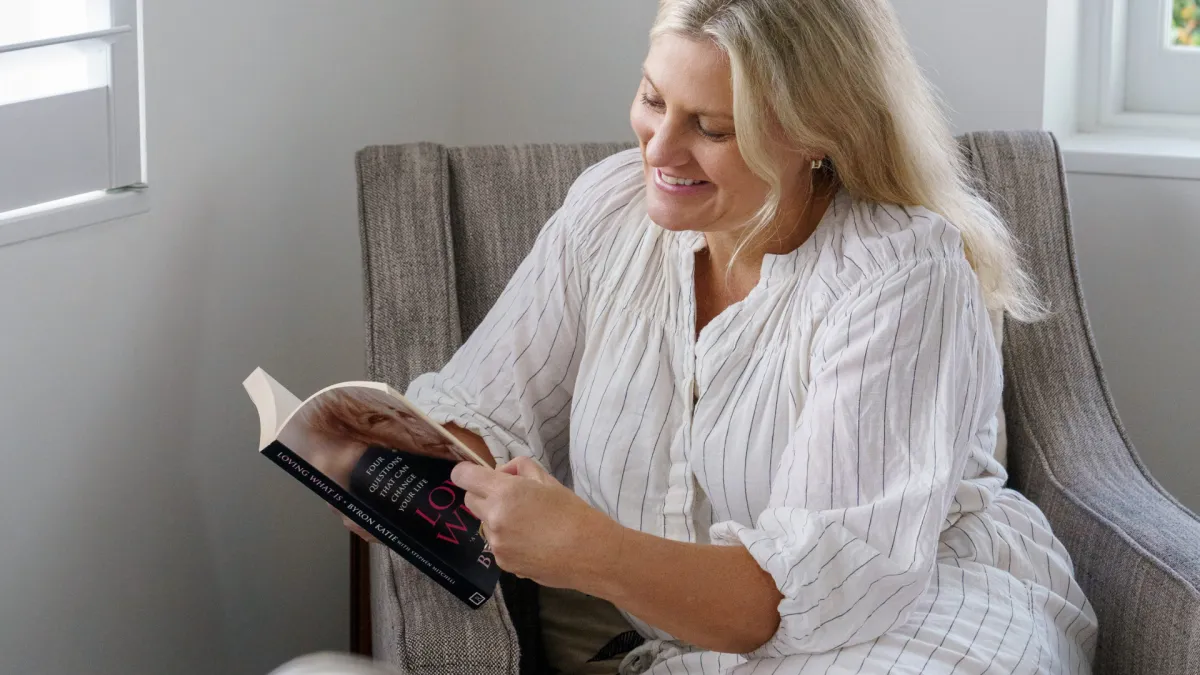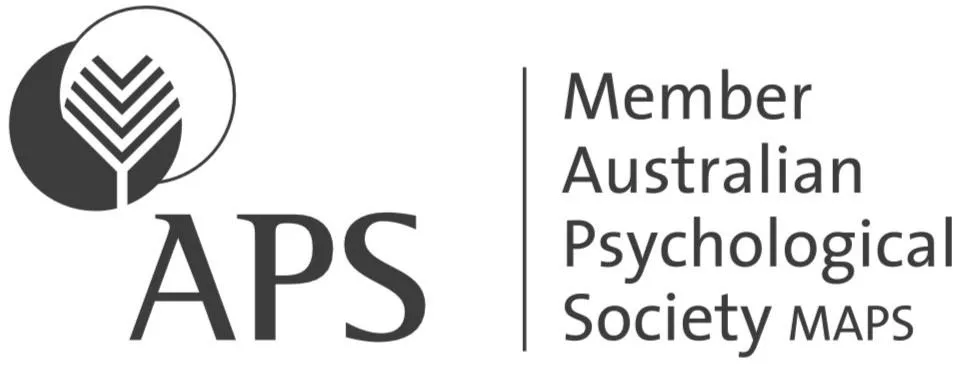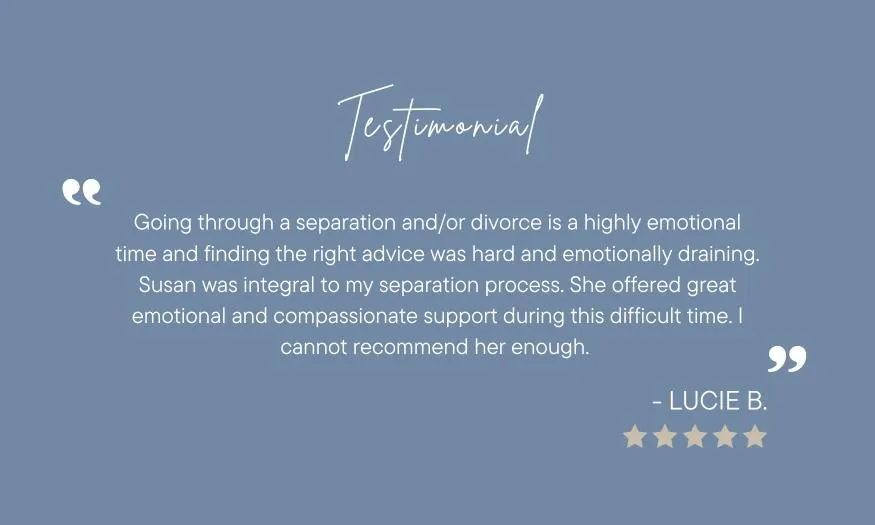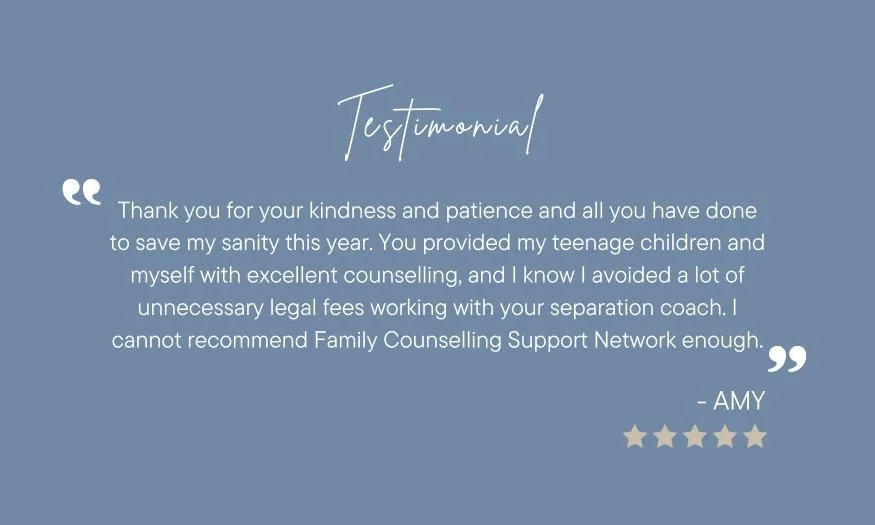READY TO THRIVE
WORKSHOPS & EVENTS

Konnect workshop
Join our psychologist and counsellor for a wonderful opportuntity to connect with your child one-on-one. In our busy lives, the ability to stop and really see and hear our child and engage in a really meaningful way with them can be very difficult. This in person workshop builds connection and confidence and leaves parents feeling a lot more focused on how to continue developing the connection.

Helping the kids cope with separation & divorce
Join our psychologists and family lawyers on this very practical and informative webinar to help you gain some really effective and supportive strategies to support the kids (and you) through the separation and divorce process and potential co-parenting challenges.

Preparing your own Parenting Plan
Preparing your own parenting plan, at least in draft, can save a lot of time, money and stress for you and your family. This workshop will help you understand the legal options, understand your child's best interests (and what the law says about that), how to choose a parenting schedule that will work, how to plan for communication with your former partnerand the children, drop off/handover arrangements, decide how you will make parenting decisions, and consider the financial obligations of supporting the children fairly.

Finding your inner calm and strength again
Whether you are going through a separation or divorce, another stressful event or a significant change in life, time out for self care and support is critical. Our team of experts will offer you some wonderful guidance during this webinar on how to not only manage these challenges, but find your inner calm and strength again.

Pre and Post Separation Planning
Getting your separation plan right before you leave or as soon as possible after separating, can have a huge impact on your short and long term outcomes. Join our team of experts for a highly worthwhile webinar, which will save you a lot of money, stress and time!

Managing anger and the big emotions
During this webinar, learn from our panel of specialists on how to identify and deal with those emotional triggers, set the boundaries, reduce the stress levels, anxiety and panic attacks, and more effectively manage the grief and anger.

The emotional highs and lows of rural living
Rural life can be extraordinary but we also know it can bring a significant array of challenges. This webinar explores the wonderful highs and the challenging lows of rural living for women and the role community and counselling can play in helping manage those ongoing hurdles.

What is really destroying our relationships?
Poor Communication, Burnout and Intimacy issues are often the most common reasons offered by couples for their relationship breakdowns but what is below the surface is often ignored or not realised - our levels of stress, wellness issues, mental burnout.... This excellent exploration of the impact of stress and mental load on our relationships provides excellent insight and practical solutions - an invaluble resource for any couple navigating life!

How to keep you and the children safer after separating and deal with any post-separation abuse

The Ultimate Divorce Course
This course has been delivered to our clients for twenty years and has consistently enabled our clients to avoid enormous stress, danger, financial hardship, legal costs and long term family disconnect. We step you through the process with emotional support, practical and easy to follow guidance and education, strategies and coping skills to enable you and your family to not only survive Separation and Divorce, but to rebuild and thrive again.

Your Separation & Divorce Planner
The updated 2024 Ultimate Divorce Planner will help you get it all together during your Separation and Divorce. Thousands of dollars worth of financial, legal and psychological assistance to help you manage the maze and feel supported. Order your copy now.
Our clients describe it as 'their security blanket" and "a game changer."

Financial Freedom Course
Delivered by some of the leading educators in this field, this is an incredibly valuable, practical and easy to follow course which will educate and genuinely empower you to make more informed decisions about your financial situation. It takes you from pre-separation preparation, budgeting and valuations, to pre-settlement negotiation, and beyond to post settlement phases of divorce, providing you with some of the key foundations to rebuild your life.

Konnect Online Book Club
Join us online each month for our wonderful FREE online community book club, from the comfort of your own home, where we have a cup of tea (or a glass of cheeky wine) and entertaining chats on the couch about the monthly books and any book recommendations. A fabulous, inclusive event hosted by Vanessa, one of the greatest book enthusiasts we know.

Co-parenting with success
Regardless of the personality type of each parent, co-parenting can bring an array of challenges to the table. Our psychologists and lawyers will provide invaluable insight into identifying and managing various personalities, communication strategies, effective co-parenting planning and provide supportive resources to have you co-parenting with greater success.

Re-Konnect with you
workshops
This workshop is offered face to face in various locations in small groups over a few weeks or one day. We also offer the programme online. It is our most popular course and sells out quickly for those wanting to attend the face to face workshops.

Boundary Setting and Thrive
Do you focus so much on being loving and giving you have forgotten your own limits? How do I stand up to hurtful behaviour or abuse? How do I co-parent and set my boundaries? We provide you with guidance on how to set healthy boundaries with ex partners, your childeren, partners, extended family and coworkers, social media and even yourself to bring new happiness, freedom and health to your life and relationships!This workshop is offered face to face in various loctions. We also offer the programme online.
Questions about our
Services?
Medicare rebate or private medical insurance claim for psychological services?
Most clients prefer to book directly with with our counsellors. No referral is required to access this counselling service.
During the first session, you can discuss the benefits of seeking a Mental Health Care Plan from your GP should you wish to pursue this path moving forward and you are booking with a registered psychologist. If you require a Mental Health Care Plan (MHCP) you will need to make a long appointment with your GP and they will make an assessment about whether you are eligible.
All of our registered psychologists are registered with Medicare and you will need a referral from a GP if you wish to claim Medicare rebates. Under the Better Access program you can receive a partial rebate for up to 10 individual sessions in a calendar year.
All our psychologists are registered with private health insurance providers in Australia. If you have private health insurance, you may be eligible to claim rebates for psychological sessions. The level of cover and any applicable waiting periods vary between providers and depends on your extras cover policy.
To find out if you are eligible and/or how much funding you are entitled to claim for psychological sessions, please contact your private health insurance.
Where applicable, some of our psychologists also see clients who are self-managed or plan-managed through NDIS at the current rate for NDIS.
Cancellation or missed sessions policy
Given the nature of our support services, last minute cancellations are costly, and it means that other clients may miss out on receiving the required support. For cancellations within 48 hours of the scheduled appointment there is a $65 part fee payment. For less than 24 hours cancellation notice or a non-show, the full session fee will need to be charged. These fees are refunded however if the session can be filled at the last minute.
How are your counselling and coaching sessions held?
We know our clients are time poor. For your convenience, all our counselling or coaching sessions are now available online via Zoom.
You can book your appointment online via this website.
Zoom allows us to connect with you via video and audio. It just requires you to click on a link to join. You can sign up to Zoom to create a FREE account and download the Zoom Client for Meetings. Zoom does require internet connections.
After you book you will be sent a reminder about the booking and emailed a link to connect at the booked time. You are also likely to be sent a client information form to complete prior to your initial consultation to enable our Counsellors and Coaches to be better prepared for your first meeting.
If you are unable to make any of the dates available, please email us to see if we can accommodate an alternate time for you: [email protected]
If you live in Brisbane or the Gold Coast, Queensland, we are available for face to face consultations. Please email us at [email protected] if you would like to arrange an in person appointment.

Webinars - how they are received, transcripts and worksheets
Our clients have requested webinars and programs for years that allow them to access excellent support and guidance and a toolkit they can use to move forward. Many of our clients are time poor so these webinars give them the chance to get the support and resources in their time. The webinars can be purchased on line. The link, transcript and workbooks/worksheets and videos (where applicable)are then sent with the email. Sign up to our email today to receive updates on all our webinars, programs and resources.

Catch up on our latest blogs

Economic Abuse Awareness Day
Economic and financial abuse is a form of domestic abuse in Australia.
It often occurs in the context of intimate partner violence, and involves the control of a partner or ex-partner’s money and finances, as well as the things that money can buy.
Economic abuse and financial abuse involve similar behaviours, but it can financial abuse is often thought of as a subcategory of economic abuse. Economic abuse encompasses the many ways that an abuser may control someone’s economic situation, including employment, food, basic necessities, medication, transport and housing, for example. Financial abuse can often be thought of as controlling the actual money by stealing, gambling, coercing someone into taking on debt, controlling their allowance each week,
1 in 6 women in the Australia have reportedly experienced economic abuse by a current or former partner.
Economic abuse can include exerting control over income, spending, bank accounts, bills and borrowing. It can also include controlling access to and use of things like transport and technology, which allow a person to work and stay connected, as well as property and daily essentials like food and clothing. It can include destroying items and refusing to contribute to household costs. Gambling away your financial security and destroying your credit rating.
Refusing to pay child support and not financially disclosing assets and debts during financial property settlements are also a way of economically abusing a person and intentionally controlling them.
This type of abuse is a form of coercive and controlling behaviour. Economic abuse rarely happens in isolation and usually occurs alongside other forms of abuse, including physical, sexual and psychological abuse. 95% of cases of domestic abuse involve economic abuse. It can continue long after a leaving and can have lifelong effects
This type of abuse is designed to create economic instability and/or make one partner economically dependent, which limits their freedom. Without access to money and the things that money can buy, it is difficult to leave an abuser and access safety. Someone experiencing this type of abuse can become trapped in a relationship with the abuser, unable to resist the abuser’s control and at risk of further harm. In this way, economic safety underpins physical safety.
The impact of economic abuse makes leaving and rebuilding lives more challenging for survivors and their family. Many victim-survivors leave with large amounts of debt and poor credit ratings, affecting their long-term economic stability.
Red Flag (warnings) of economic/financial abuse
Economic abuse can take many forms. The perpetrator/abuser:
Sabotages your income and access to money:
prevent you from being in education or employment
limit your working hours
takes your pay
refuse to let you claim government payments/ benefits or take all the benefits
take children’s savings or birthday money
refuse to let you access a bank account
making you work in a family business without pay
give you a small allowance for necessities only
takes any windfall you get such as an inheritance
Restrict how you use money and the things that you own:
control when and how money is spent
dictate what you can buy
make you ask for money
give you a small allowance to cover necessities only
check your receipts
make you keep a spending diary
make you justify every purchase made
control the use of property, such as a mobile phone or car
insist all economic assets (eg savings, house) are in their name
keep financial information secret
Exploits your economic situation:
steal your money or property
steal your identity or inheritance
cause damage to your property
refuse to contribute to household costs
spend money needed for household items and bills
misuse money in joint bank accounts
insist all bills, credit cards and loans are in your name and make you pay them
build up debt in your name, sometimes without your knowledge
destroying your credit rating affecting your future financing ability
There is help
If you have experienced economic or financial abuse, you are not alone. There are people and organisations that can help .Refer to www.dvsupporthub.com for information on various services that can help as well as ways to help you financially get back on your feet.
Call 1800RESPECT for immediate assistance



We are committed to protecting your personal information and respecting your privacy. This website uses cookies to analyze website traffic and optimise your website experience. By accepting our use of cookies, your data will be aggregated with all other user data.
DISCLAIMER: The material contained on this website is for general educational and information purposes only and is not a substitute for professional legal, financial, medical or psychological advice or care. While every care has been taken in the information provided, no legal responsibility or liability is accepted, warranted or implied by the authors or Family Counselling Support Network and any liability is hereby expressly disclaimed. For specific advice please contact us at [email protected]. All information contained on the website remains the intellectual property of Family Counselling Support Network and is for your personal educational use only. The information must not be reproduced or distributed without the express permission of Family Counselling Support Network.
We are committed to providing an inclusive and accessible environment where people and communities of all identities and backgrounds are accepted, safe and celebrated.
Privacy Policy | Terms and Conditions


